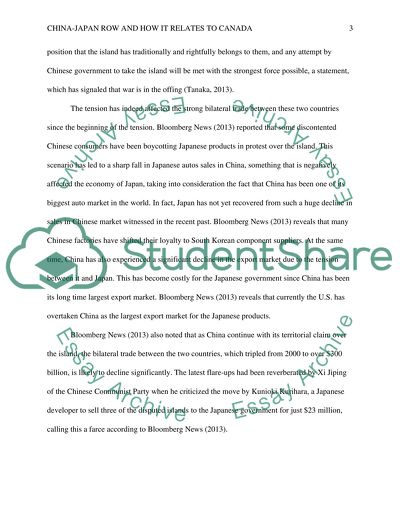Cite this document
(“The Impacts and Roles of Canada in China-Japan Row Research Paper”, n.d.)
The Impacts and Roles of Canada in China-Japan Row Research Paper. Retrieved from https://studentshare.org/history/1470995-write-a-rsearch-paper-on-an-issue-of-trade-and
The Impacts and Roles of Canada in China-Japan Row Research Paper. Retrieved from https://studentshare.org/history/1470995-write-a-rsearch-paper-on-an-issue-of-trade-and
(The Impacts and Roles of Canada in China-Japan Row Research Paper)
The Impacts and Roles of Canada in China-Japan Row Research Paper. https://studentshare.org/history/1470995-write-a-rsearch-paper-on-an-issue-of-trade-and.
The Impacts and Roles of Canada in China-Japan Row Research Paper. https://studentshare.org/history/1470995-write-a-rsearch-paper-on-an-issue-of-trade-and.
“The Impacts and Roles of Canada in China-Japan Row Research Paper”, n.d. https://studentshare.org/history/1470995-write-a-rsearch-paper-on-an-issue-of-trade-and.


